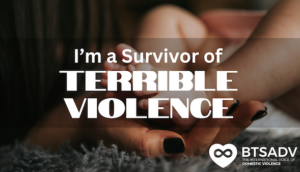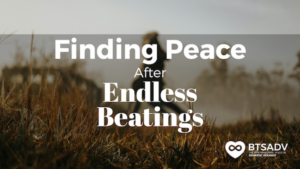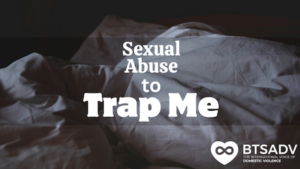There is no perfect way to leave an abuser; the important thing is, whatever path you take, navigate your safety as well as you can. Creating a safety plan for how you appear on various social media sites is a vital step in creating that safety. Social media can do so many wonderful things… other things, not so wonderful. Here are some tips on how to stay safe online.
- Create new social media accounts
Going through your friends list, asking friends to delete your abuser, or making a status about the situation may still draw your abuser’s attention to you. Instead, create new accounts and choose who you are okay with friending – along with a message about how your new account isn’t a fake one. Then, block your abuser immediately.
- Make a second account
This step might seem high maintenance, but it can be helpful. This second account with a fake name and no other information can serve as your spy. If your abuser finds your social media site, they may block it so you don’t know they’re still connected to some of your friends and family. This account can help you double check.
- Be careful about who you allow to follow you
After making your new accounts, be choosy about whose friend requests you accept. If someone is friends with your abuser, go ahead and disregard that one.
- Don’t tag your location
Even if you’ve done everything right up to this point, it’s a good idea to skip this part of the posting process. You can post a picture of a sunset without the caption “How I spend my Saturday mornings” and tag your favorite hike in the shot of the sunrise. Instead, post it with “I love sunrises,” or something less specific. This also includes what you post as stories. Either post pictures or videos on your social media stories after the fact, in a way that doesn’t give your location, or not at all.
- Skip LinkedIn
LinkedIn is not a requirement, neither does it make or break an employer’s decision in the hiring process. What it does do, though, is showcase everything anybody wants to know about where you work.
- Keep your accounts private
This is pretty straightforward. However, what some people don’t know is that Facebook makes you go in and decide the privacy on every little detail. Make your information visible only to friends, then check it regularly just to be safe. You can also limit the number of friend requests you receive by making your account visible only to mutual friends. There is also a tagging setting on Facebook that makes it so you have to approve who tags you in anything on Facebook.
- Be high maintenance about passwords
This is also a good tip to stay safe from hackers. When you choose a security question, don’t actually answer it with the real answer. For example, “What is your mother’s middle name?” the answer: “Fork.” For passwords, I pick a song lyric I like and type the first letter of each word in that lyric. For example: “He was a skater boy, she said see ya later boy,” becomes “Hwasbsssylb1!” Who could ever guess that? I also recommend changing your password every one to three months.
- Re-brand yourself
This one isn’t super important, but it could help you feel like you’ve really moved on and are starting fresh. Adopt a new motto, and make it your bio.
- Be careful about what you post
It really stinks, but keep event invites to individual people versus displayed on your page. If someone invites you to an event, respond to them individually instead of answering to the event itself.
- Join a group of like-minded people
Like BTSADV! Make sure it’s a closed, private group that you have to request to join. When you request, include the name of your abuser in case they find that group and try to add themselves, too. This will give the admins of the group a heads-up. Groups like this can help you feel safe, heard, and give more insight on how you can continue to be safe both on and offline.
If you or someone you know is in an abusive relationship, there is help. You can visit the Break the Silence website at www.breakthesilencedv.org or chat with one of our helpline advocates at 855-287-1777.









